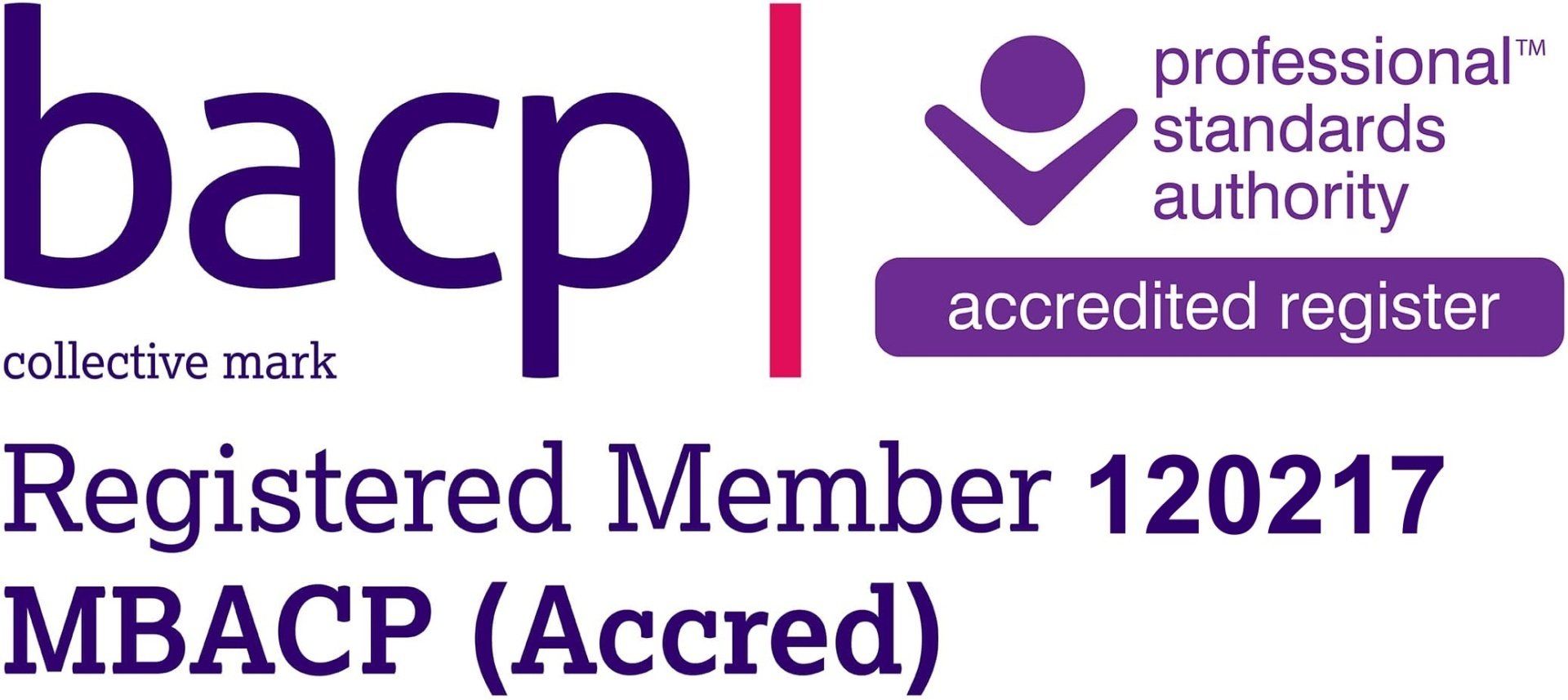EMDR
No longer just a treatment for PTSD
EMDR
Eye Movement Desensitising and Reprocessing (EMDR) is a form of psychotherapy which offers clients the opportunity to heal from disturbing life experiences.
EMDR is predominantly used in the treatment of Post-Traumatic Stress Disorder (PTSD) .
If we experience something 'traumatic', our minds are not always able to process the memory correctly. This leaves the person prone to flashbacks and nightmares. Traumatised people often feel as if the past memory is still in the present.
EMDR was developed by an American psychologist, Francine Shapiro, in the 1980s. Whilst walking in a park, Francine noticed that, if she moved her eyes from side-to-side, then it reduced any negative emotions associated with memories. She then realised that these eye-movements had similar responses in other people.
EMDR can produce results quickly, even within a few sessions. What would have once taken years with conventional therapies, EMDR was proving to be far more effective far sooner (EMDR Institute, 2019). EMDR has proven that the mind can heal from psychological trauma, just as your body can heal from physical trauma.
EMDR therapy concentrates on three time periods: the past, the present, and the future. Clients usually present because they have an issue which is having a detrimental effect on their life in the present. However, when I take an in-depth history of the client's life experiences, it often becomes clear that the root cause of their problem stems from the past.
For example, you might be suffering from anxiety triggered by social events. However, it is not the social event which is triggering the anxiety, but the maladaptive belief that you hold about yourself when it comes to socialising. If you find yourself cringing or self-questioning your own actions in a social setting, are you truly in the present or reliving past incidents?
EMDR is the treatment choice of the NHS, charitable organisations, and the private sector to help military personnel with PTSD.
However, EMDR is also powerful at ameliorating the traumatic effects of experiencing or witnessing a car accident, a violent crime, sexual or emotional abuse, bullying, a social humiliation or loss of a loved one and are finding it difficult to cope.
Research
In 2012, a study showed that 77% of those who used EMDR therapy found that their symptoms of anxiety and depression had alleviated their low self-esteem had improved and that the therapy also eased symptoms of hallucination.
Carletto et al. (2016) found that EMDR and relaxation when used in combination was successful at reducing anxiety, depression and improving mood in clients with Multiple Sclerosis (MS) and PTSD.
Chen et al. (2015) looked at 11 scientific studies to compare EMDR with Cognitive Behavioural Therapy (CBT) to see which would be the most effective in treating PTSD.
They found that EMDR was most effective overall.
What Can EMDR Help With?
PTSD
Anxiety
Phobias
Trauma
Sessions
Louise currently offers 60 minute sessions for £70.
Interested? Contact Louise today.
For more information about data and how we use and store it, please see our Privacy Policy.








